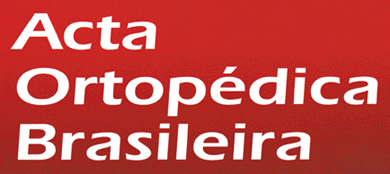OBJECTIVE: Traumatic spinal Cord injuries are common in patients with high-energy trauma, and have significant morbidity and mortality rates, as well as high psychological and social costs, causing a major impact on public health. To date, the treatment of such lesions remains controversial, with various studies in the literature comparing the results of non-surgical treatment with immediate, early or late surgical decompression. The objective of the present study is to compare the results of immediate and early (within 1 hour) spinal Cord decompression. METHODS: In the belief that the surgical treatment obtains the best result, this experimental study has a case-control design, with histopathological and functional analysis of the results of surgical treatment of 25 Wistar mice submitted to posterior laminectomy immediately, or after one hour of spinal Cord compression. RESULTS: in terms of functional and neurological deficit, the responses were better in the mice treated with immediate surgical decompression than in those treated one hour after the lesion (p=0.036). CONCLUSION: The earlier the decompression of spinal Cord injuries is performed, the better the end results in terms of the function and presence of neurological deficit.
Spinal cord injuries; Rats, Wistar; Decompression



